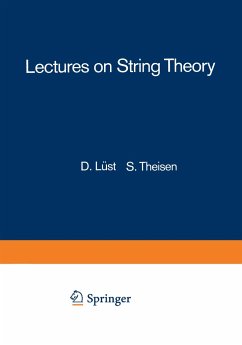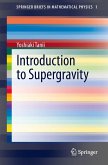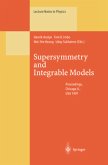Superstring theory is a promising theory which can potentially unify all the forces and the matters in particle physics. A new multi-dimensional object which is called "D-brane" was found. It drastically changed our perspective of a unified world. We may live on membrane-like hypersurfaces in higher dimensions ("braneworld scenario"), or we can create blackholes at particle accelarators, or the dynamics of quarks is shown to be equivalent to the higher dimensional gravity theory. All these scenarios are explained in this book with plain words but with little use of equations and with many figures. The book starts with a summary of long-standing problems in elementary particle physics and explains the D-branes and many applications of them. It ends with future roads for a unified ultimate theory of our world.
From the reviews: "The book is written for undergraduates as well as for graduate students. Hashimoto minimizes the assumed knowledge of the reader and provides a short path to the frontier research results. After a brief explanation of general string theory the main covered topics are: (1) the general braneworld scenario, (2) black hole production in experiment, (3) braneworld cosmology and inflation, (4) counting states of black holes using superstring theory, (5) AdS/CFT correspondence." (Gert Roepstorff, Zentralblatt MATH, Vol. 1238, 2012)








